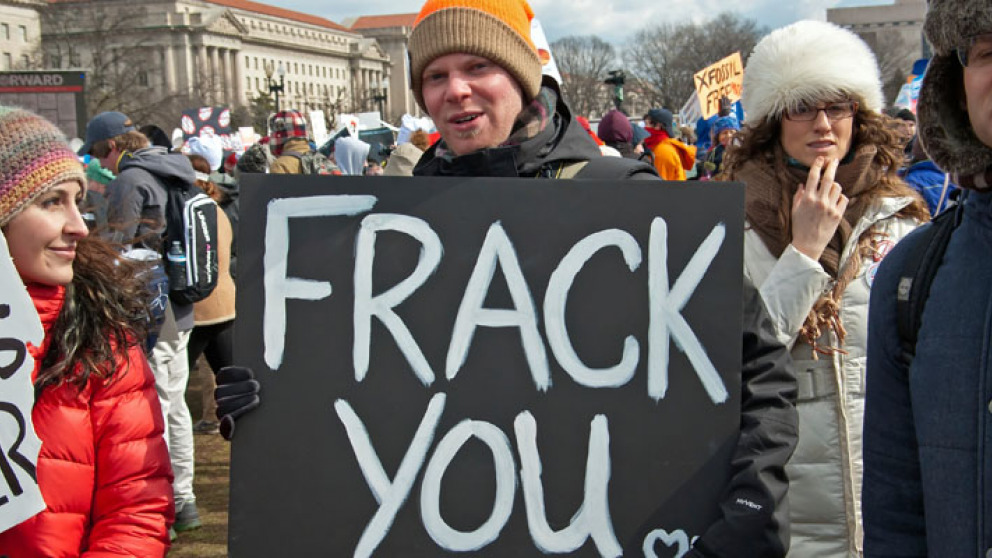Who’s Afraid of Open Debate?
26.01.2015

Political decisions on controversial research subjects such as plant genetics and fracking are highly relevant for society at large. That’s why the rules that govern such research should not be dictated by the interests of activists.
Ralf Nestler is absolutely right to call on researchers to actively participate in the public discussion of their work and thus ensure a broad-based debate.
However, they should not do so with the intention of letting research policy be dictated by yet another interest group, in this case the researchers themselves. In emerging areas of research and technology such as climate engineering, it is therefore crucial that researchers are open to engaging with actors from civil society and politics. In so doing, they must take the concerns of those actors seriously and bring them to bear in the shaping of research in order to prevent the kind of crippling polarisation we have seen in the case of genetic engineering. This is fundamentally in the interest of research itself.
Research does not take place in a vacuum
This becomes especially clear when we take a closer look at the example of genetic engineering cited by Nestler. At the beginning of this debate nobody could have imagined that activists would one day drive researchers from the field into the laboratory. From the mid-1960s to the early 1970s, those researchers involved in developing genetic engineering (especially in the United States) were able – by invoking their expertise – to put themselves in a position from which they could avert a wider public debate and the potential regulatory scrutiny that would have meant.
That kind of polarisation is also dangerous. As Nestler stresses, it goes without saying that plant geneticists know more about plant genetics than anybody else. But that does not mean that they alone have the prerogative of interpretation when it comes to deciding how best to use the results of their research – after all, research does not take place in a vacuum. What’s more, further research must not be shaped solely in accordance with the interests of researchers. Decisions on research policies – including decisions on what areas to research further and how to do so – are always value-based. That’s why to be seen as politically legitimate, the decision-making process – even in matters of research policy – must be accompanied by a broad societal debate.
Controversy stems from differing worldviews rather than disagreement on the basic facts
Both researchers and activists should actively contribute to such a debate. To facilitate this, an environment that supports rational debate should be created. Such an environment cannot emerge if researchers isolate themselves from public criticism. Last year, the IASS organised a large international conference on the theme of climate engineering, which brought together researchers from the humanities, the social sciences and the natural sciences, but also representatives of NGOs and policy-makers, and invited them to enter into such a productive discussion in accordance with the conference motto ‘Critical Global Discussions’.
Particularly in research areas that are characterised by a high degree of uncertainty and are highly relevant for society, controversies tend to stem more from differing worldviews and values than from disagreement on the basic facts. This means that there is an even greater onus on experts to productively integrate their knowledge into the debate and not abuse it to further their own interests under the pretence of objectivity.
Photo: istock/McKinneMike
